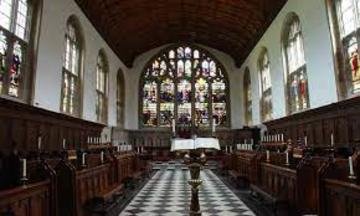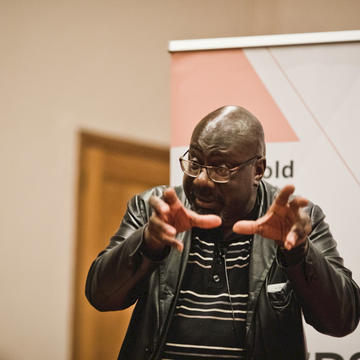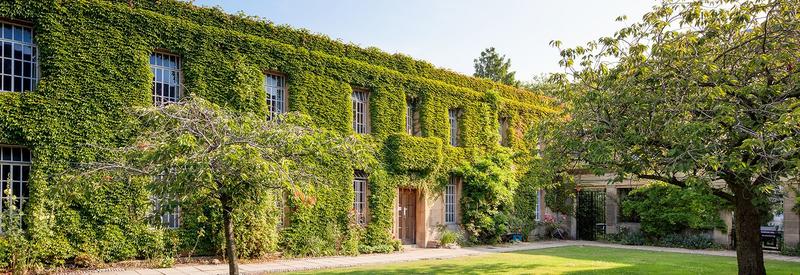I started my tenure as the Director of the Oxford Centre for Religion and Culture in Regent’s Park College on 1st January 2020. I am an outsider to the University of Oxford in every sense. I have not studied here at either undergraduate or postgraduate level.
My first visit to Oxford University was in 2014 when I preached in the chapel at Wadham College. On that occasion I introduced myself as a child of Windrush migrants, who in turn, were the descendants of enslaved Africans. I positioned my Black body, one that emerges from the Black proletariat of Caribbean migrants, with the world of White privilege and entitlement within a University that along with the ‘Other Place’ (one soon picks up on the insider nomenclature) that helped to create the British empire.

The Chapel of Wadham College, Oxford.
I remember the chaplain of the college, an Anglican priest whom I had met very briefly when I preached at a valedictory service at the theological college where she had trained, saying apologetically that Wadham was one of the poorer colleges in Oxford. She said this prior to welcoming me to their formal meal in the dining hall, explaining that the food would be of a more modest fare compared to the richer colleges in the University. I sat amongst the student body and Fellows, thinking that Oxford and I had very different perspectives on what being poor looked like.

Anthony Reddie is the Director of the Oxford Centre for Religion and Culture that is a part of Regent’s Park College, the University of Oxford. He is also a Professor Extraordinarious with the University of South Africa.
Fast forward to 2020. I am now an insider as a member of a college that is a part of the Collegiate University. I am a Black liberation theologian and a decolonial educator whose work has focussed on White hegemony and its concomitant notions of entitlement and the epistemological norms that have controlled my discipline of Theology and Religious Studies for the past millennium. As I reflect on the first eighteen months of what I hope will be a long tenure within this great University, I am conscious of being a liminal body, existing in a liminal setting with an edifice of unabashed White privilege and power.

Regent's Park College, Oxford.
I am a part of a University that does not have many people that look and sound like me in many academic positions. In one of my first tutorials, I sat with a student who had never met a Black British person with a Ph.D. before. I am an outsider who is now an insider. I am a part of this venerable and august institution. I am an in-between body, a liminal subject who occupies an uneasy and contested space within an institution that was never created with someone like me in mind. But I also work within a Permanent Private Hall that was created by Baptists who were not considered a part of the body politic of the nation or of Oxford University. The college continues to hold a strong egalitarian ethos that speaks to this history as a non-conformist, free Church tradition that in many ways affirms my own identity.
In conclusion, I am loving being here. I love being a liminal subject. It speaks to and fuels my scholarship as a Black liberation theologian. I suspect that this will not be the last of my personal ruminations as I consider what it means to belong to Oxford University.
Anthony Reddie is the Director of the Oxford Centre for Religion and Culture that is a part of Regent’s Park College, the University of Oxford. He is also a Professor Extraordinarious with the University of South Africa.